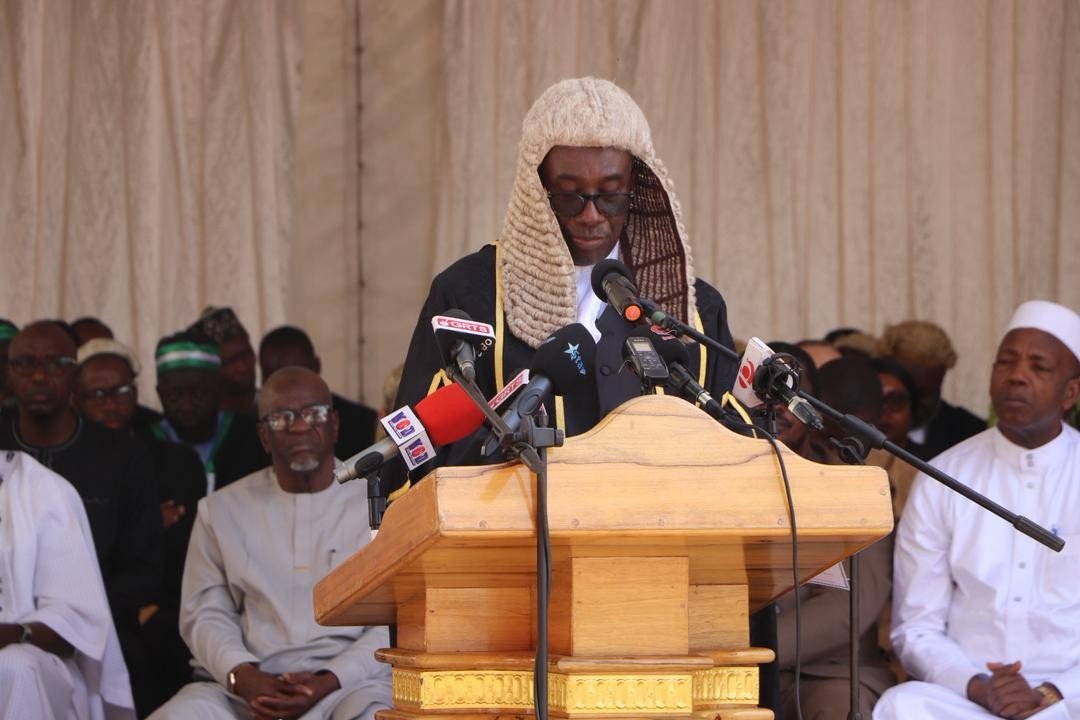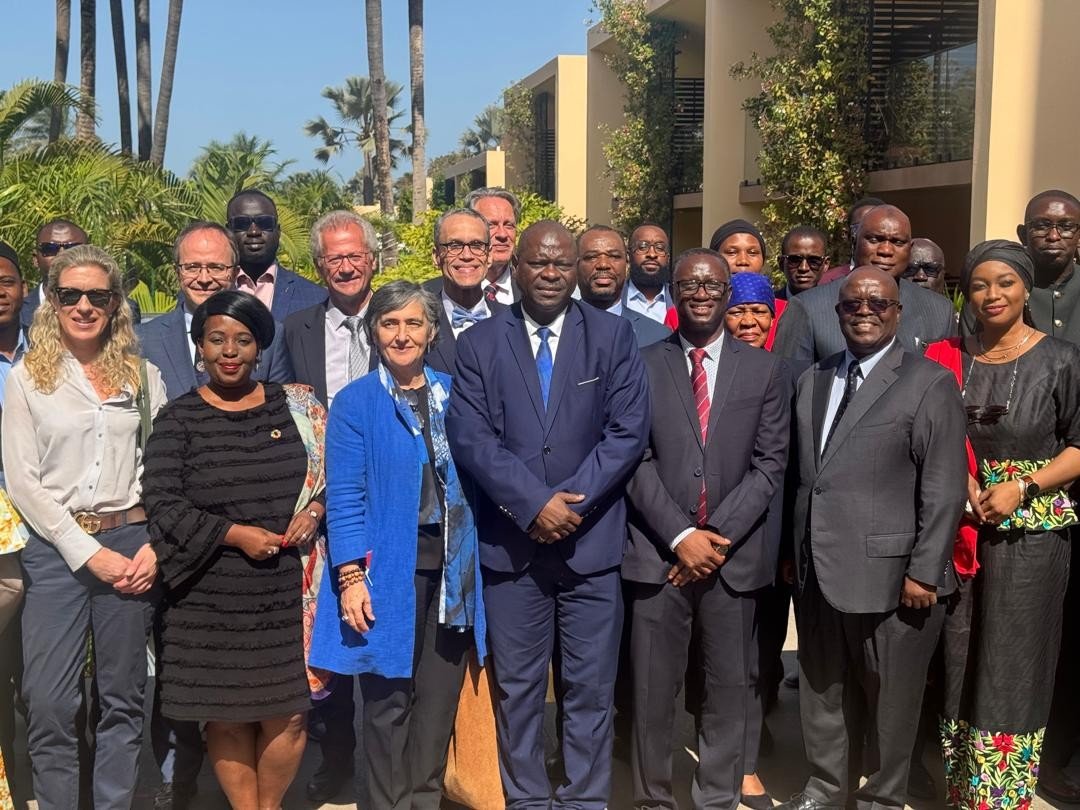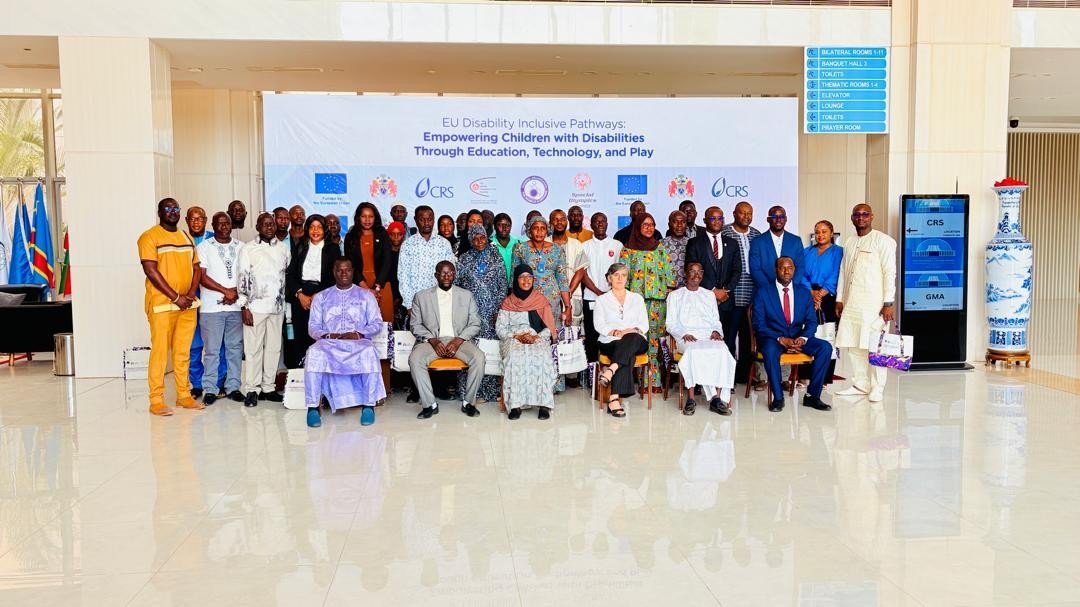Serious revelations about issues surrounding grassroots governance have continued to shake the chambers of the Djembe Hotel down the Senegambia Beach, as the Local Government Commission of Inquiry continues to host witnesses to give testimonies.
From fiscal and administrative misconduct to unintentional inefficiencies, fresh revelations emerged as hearing continues in those chambers.
This has massively impacted public trust over governance and local politics in general.
Meanwhile, a seasoned researcher and top lecturer at the Political Science Unit in the University of The Gambia (UTG) weighs in to proffer a succinct analysis and a clear-cut blueprint to bolster efficacy and restore public trust and confidence, recipes for credibility in democracy.
Biran Gai, a young lecturer taking students on Decentralisation and Local Governance in The Gambia and other fundamental Political Science courses, remarked that the revelations highlight a series of inconsistencies pertaining to decentralisation and local governance in The Gambia.
“The inefficiencies relate to the dysfunctional nature of the institutions, whereas issues around financial mismanagement, maladministration and bad governance are manifesting across the board, which highlight major failures in our decentralisation process,” he dissects, saying: “The failure of institutions, lack of proper accountability mechanisms, lack of proper financial oversight as to how decentralisation bodies implement their projects and programmes without being able to provide proper financial verification, I think, have been major highlights.”
Mr Gai highlights that there is corruption at institutional and individual levels, and people within councils also having the power and the authority to withdraw and use councils’ finances for personal benefits, saying these issues point to the “dysfunctional state that defines the inconsistent and disoriented nature of local government structures in The Gambia”.
Mr Gai notes that another major issue highlighted before the Commission is councillors not being able to provide proper financial statements over funds they have been given for local structures or indicate how these projects were funded.
“But I think towards the end, the Commission would come up with resilient recommendations suggesting for legal and institutional reform, capacity-building of local councils and so on,” he says.
With abuse of office, corruption and other issues in local government administrations in The Gambia, Senigambia quizzed Mr Gai on how local governance structures could be reformed to set things right and prevent future abuses.
He states: “Well, this a very important question, and I think when you look at the Commission of Inquiry and the revelations that have been unearthed so far from testimonies, you realise that there is an inherent dysfunctional nature of local government institutions. There is failure of institution at every level, and part of the ways of addressing that is to strengthen legal and institutional reforms, updating and enforcing key legislation.
“For example, the Local Government Act and the Local Government Finance and Audit Act should be reviewed, because these are the two major pieces of legislations that define the operations of local governance in The Gambia. Therefore, it should be checked to ensure that loopholes that allow for unchecked powers and weak procurement processes are addressed. When you look at the findings by the Commission of Inquiry, procurement is a problematic issue. Mostly, those that are appointed in procurement positions do not have the expertise; procurements are not often done along legal standards. So, that issue should be looked at.”
The decentralisation and local governance lecturer emphasises that another issue that should be revisited should be the roles and responsibilities of those working within councils.
He clarifies that there are political appointments (CEOs for example) and non-political appointments (elected officials like mayors and chairpersons), because of tensions created in the execution of their functions.
“I think there have been instances we witnessed overlapping of functions between these two positions – those elected politically and those appointed through the Ministry of Local Government and so on,” he reasons.
Since this creates power struggles and blurs the lines of authority within local government institutions, Gai calls for a clear demarcation of functions and responsibilities, saying: “There is need for a proper clarification on the roles and responsibilities as to who is supposed to do what and who is not supposed to do what to ensure there is smooth operation within local government councils.”
Also, Mr Gai emphasises transparency and accountability, saying local government leaders should be held accountable for their actions and inaction in office. He recommends mandatory disclosure by local government officials before they assume office – a similar approach he says the Central Government is supposed to do to ensure financial accountability, and also ensure that mismanagement and corruption issues are avoided at that level.
The lecturer also suggests establishment of independent oversight and audit mechanisms, open budgeting process, digital transformation or digitalisation, elaborating that local government operations in The Gambia should be strengthened digitally and technologically as it is happening in other places, because the advent of technology would make governance and administration easier and even help provide effective services to the people more adequately as well.
Again, he mentions the need for capacity-building among local government staff. The rationale behind his argument, he says, is that most of those who work in local government entities are those without proper technical capacity and expertise to expedite their jobs properly.
He explains further that whether within procurement or those within administration itself, there has to be a mechanism to train local government staff and officials, or “issues around appointments should be looked at” to ensure that those with the proper qualifications are appointed to spearhead the administrative capacities of local governance structures in The Gambia.
Additionally, the Political Science researcher and lecturer urges that the fight against corruption should extend to local councils, stressing that the focus should not only be at the national level because corruption cuts across the board.
The Decentralisation and Local Governance lecturer states that local governance systems are sub-national governance that are closer to the people, and that inasmuch as they are accountable to the people (in the areas that fall under their administrative purview), nationally they also have to be accountable for financial or economic mismanagement.
Mr Gai notes that these are all measures and reform strategies that could be geared towards building and maintaining “a sustainable local governance environment, one that is free from corruption and maladministration, and ensuring democratic governance and democratic accountability of functions, executed within local governance structures.
“I think if these things are done and reforms are done properly, we can envisage a proper decentralised governance system in The Gambia,” he emphatically underscores.






